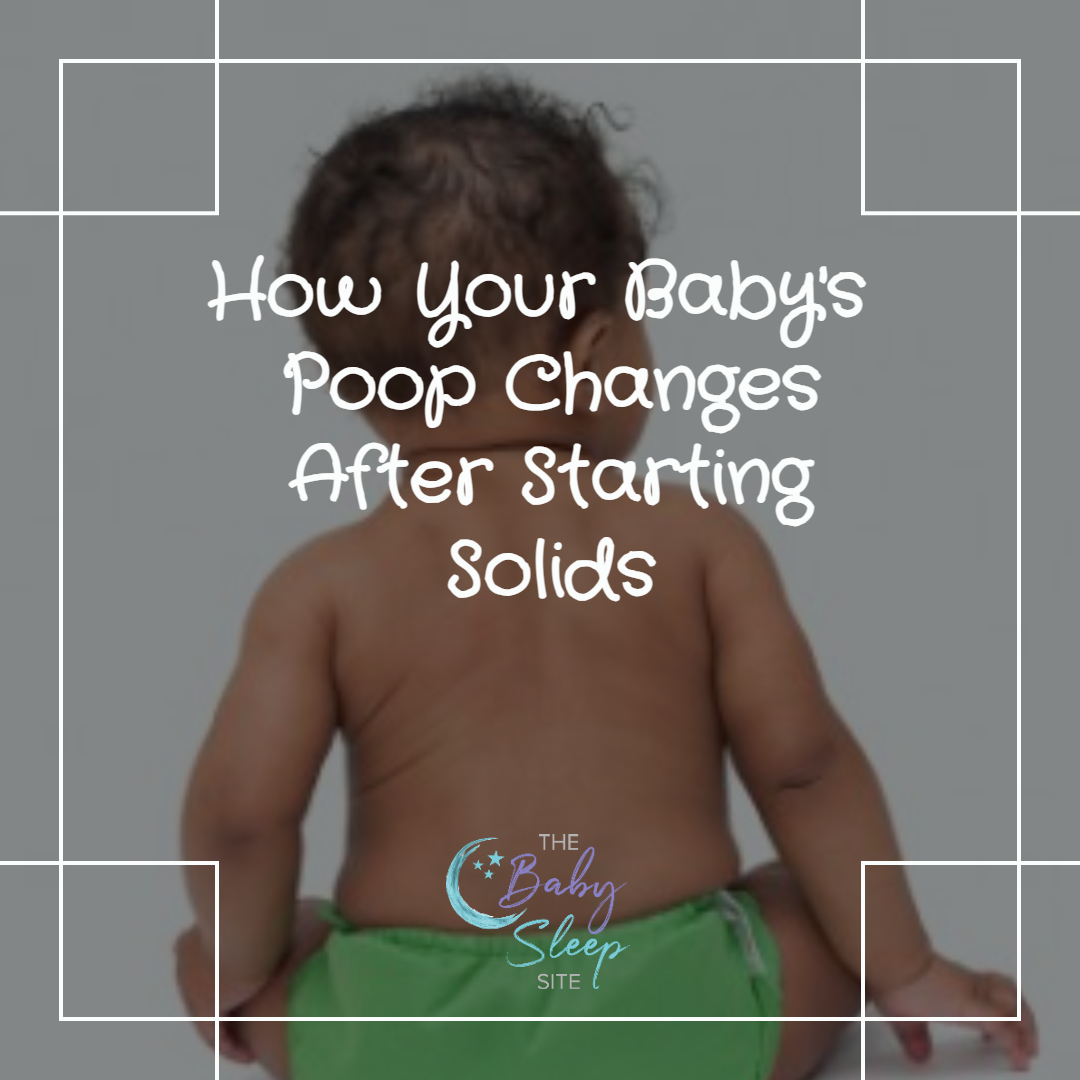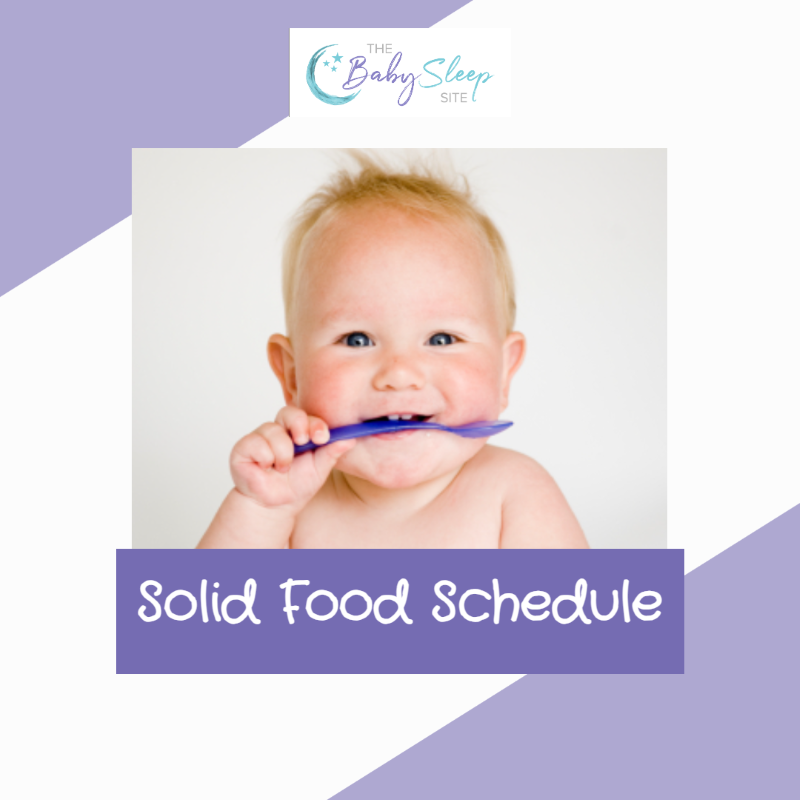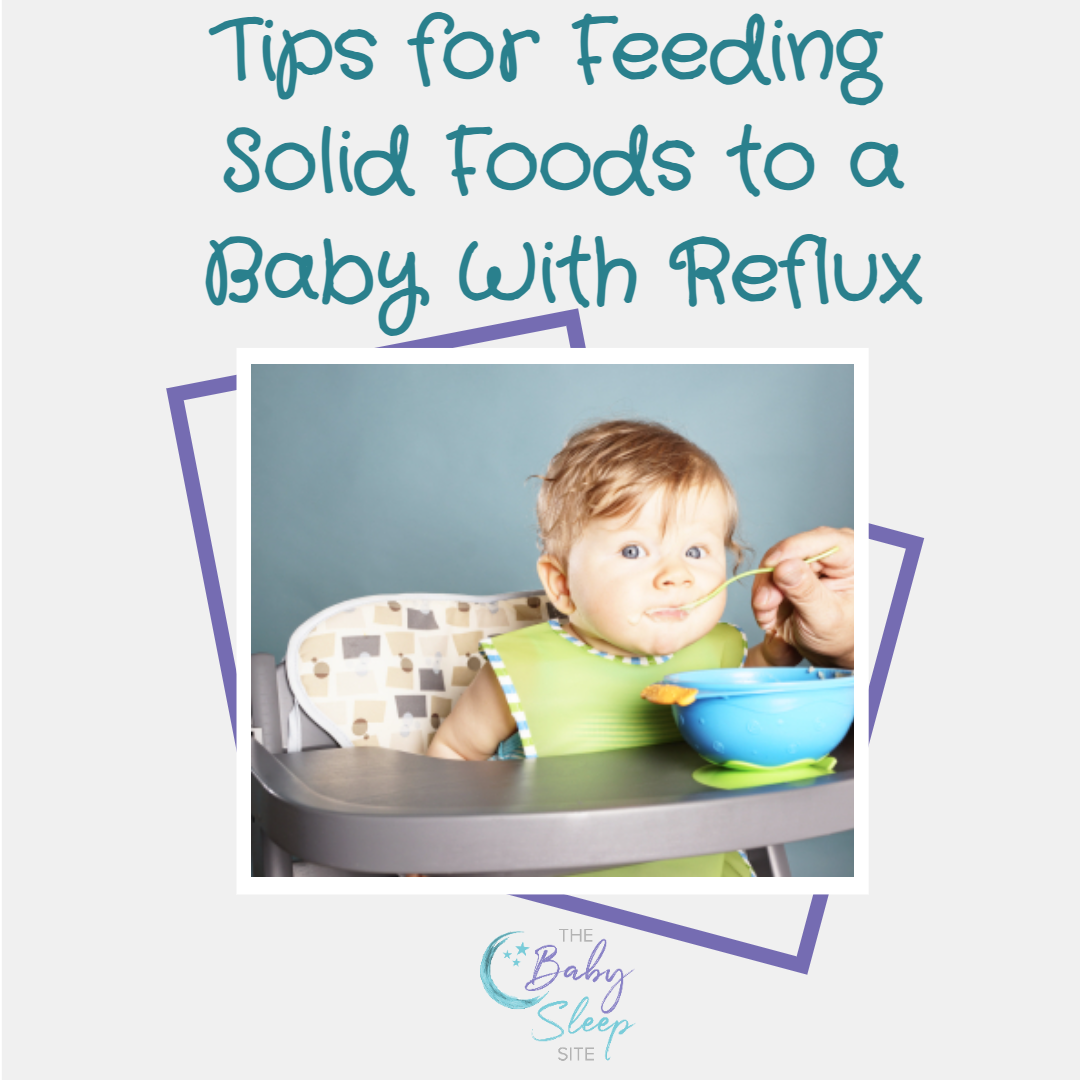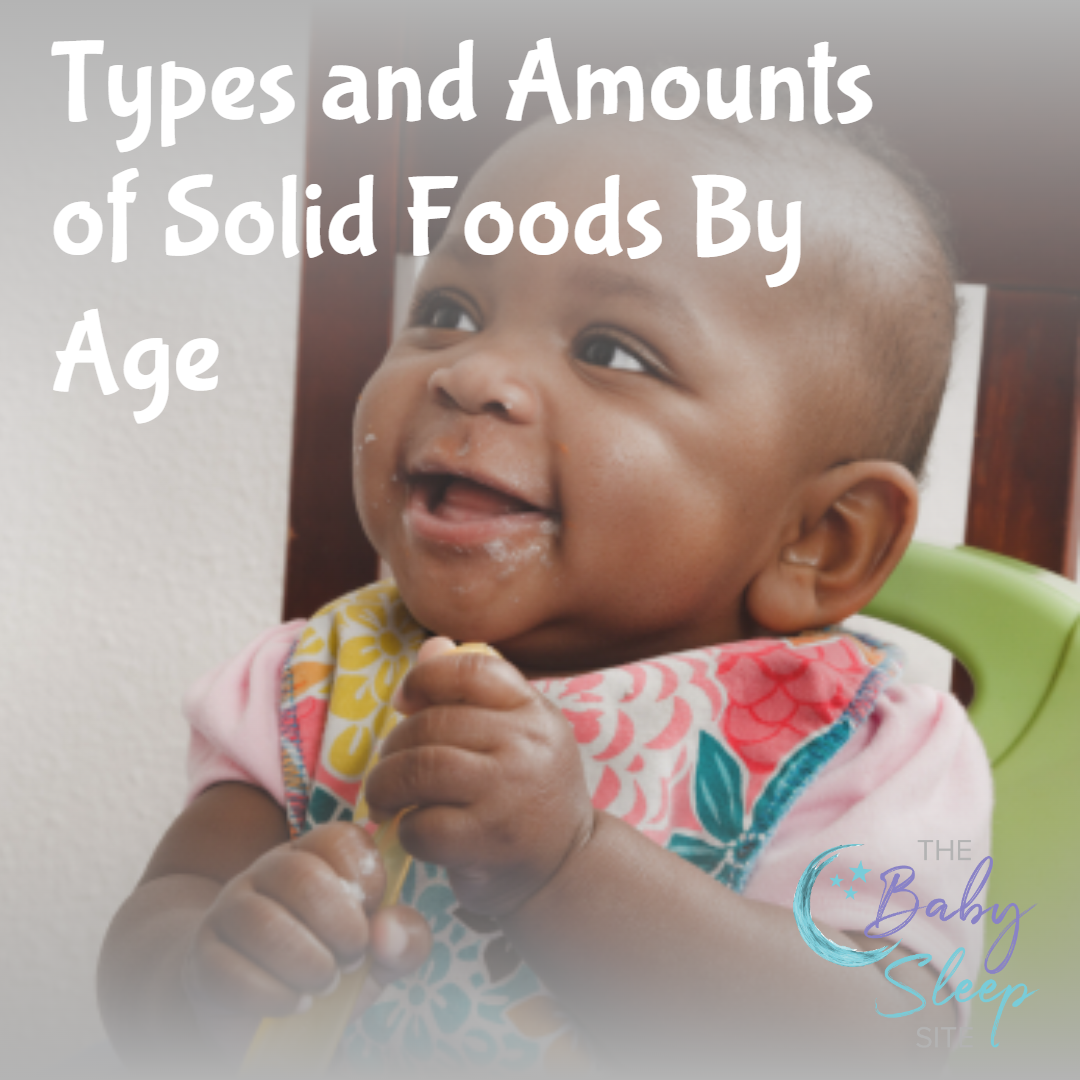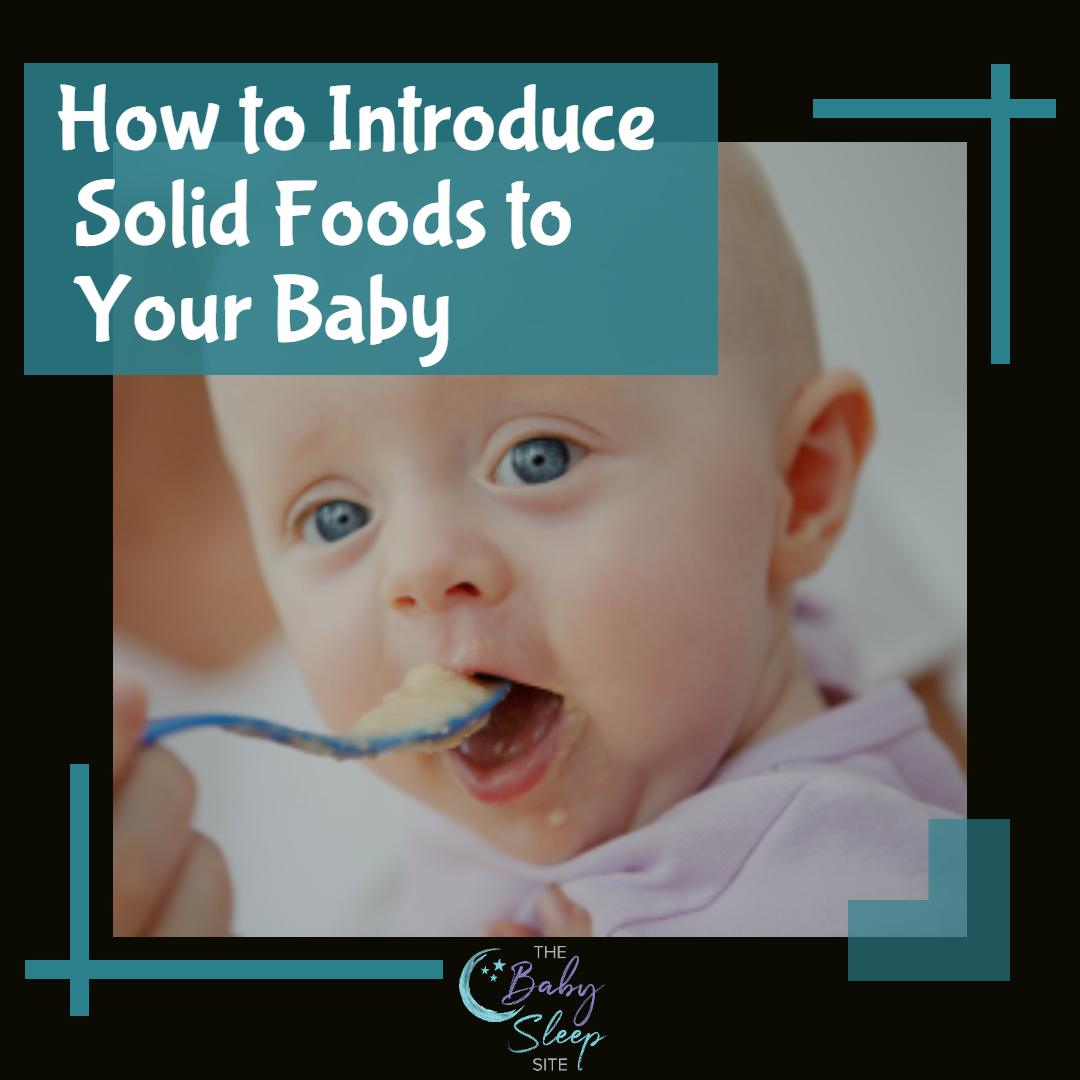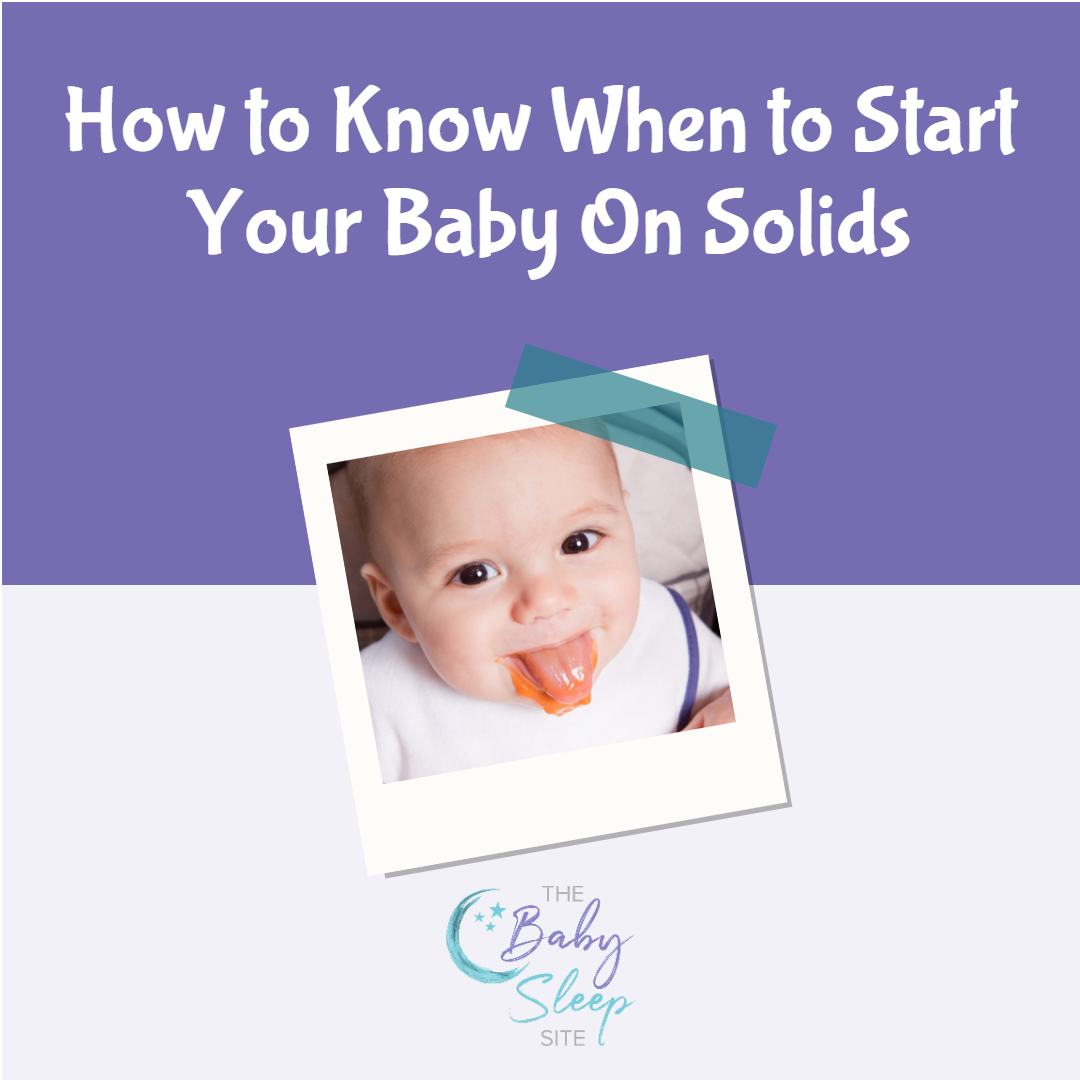Are You Feeding Your Baby Too Much Solid Food?
It’s always nice when a baby who’s just started eating solid foods shows a real appetite for them. As a parent, you know that it feels great to offer your little one healthy solid food choices and then watch as she gobbles them up. But can that healthy appetite ever be a problem? Can a …


